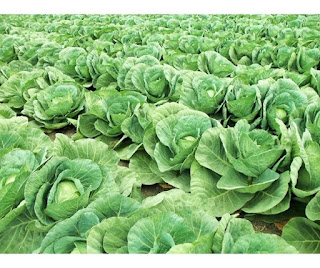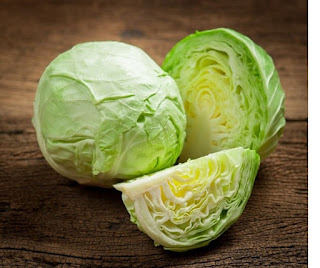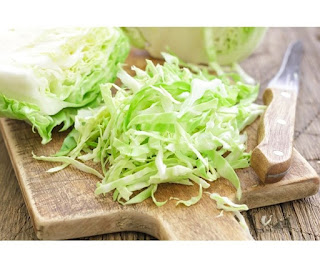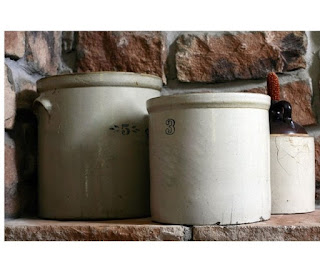By Terrie Todd
 |
| Photo from Canva |
Somewhere in the deep recesses of my memory remains an image of my grandmother shredding cabbages from her garden with a large, sharp knife in a well-used cutting board. She’d place it in a giant crock and sprinkle it liberally with salt. Then both grandparents took turns pounding the cabbage with a wooden bat to encourage the juices to flow. More cabbage, more salt, more pounding, until the crock was full. A wooden lid would be placed on top and then a heavy rock to weigh it down. As juice was extracted from the cabbage, the rock held the cabbage down in the brine where it could ferment for a month.
 |
| Photo from Canva |
Love it or hate it (and it seems to me there is no middle ground), most people know that sauerkraut is a German word meaning “sour cabbage.” Because of this and because it’s wildly popular in Germany, most of us assume it originated there. Actually, fermenting shredded cabbage goes back to the ancient Chinese during the days of the building of the Great Wall. Laborers lived on cabbage and rice. They used rice wine to preserve the cabbage so they’d have food in winter. With no refrigeration, freezers, or canning, fermentation was used to preserve all kinds of vegetables. It’s believed that the practice was brought to Europe with Ghenghis Khan and pals.
 |
| Photo from Canva |
Cabbage was cheap to grow and the climate was perfect for it. By the 1500’s, Germanic people had caught on to using salt instead of rice wine, and that would be the same method passed down to my grandmother. Virtually every country in eastern Europe has its own name for this healthy food. The Poles have an old proverb that translates to, “Where there is beet soup and sauerkraut, there is plenty.”
 |
| Photo from Canva |
When Dutch seamen learned to avoid scurvy by eating sauerkraut, even the French adopted it. Maybe they’re the ones who began experimenting with wine or spices like caraway seeds. One tradition holds that eating pork and sauerkraut on New Year’s Day will bring good luck in the coming year.
 |
| Photo from Canva |
Around the time of World War I, the word “kraut” became a pejorative term for Germans, and American sauerkraut makers changed the label on their products to “liberty cabbage” during the war. Today, sauerkraut is a favorite topping on hotdogs and Reuben sandwiches.
Packed with vitamins and minerals, sauerkraut is an immune booster that also balances the bacteria in your gastrointestinal tract. Some credit it for fighting flu and even cancer, with its antioxidants. Supermodels like Heidi Klum and Anna Azarova attribute their success to a diet of sauerkraut soup.
A young pastor learns to appreciate sauerkraut and other German foods while boarding with immigrants during WWII in Terrie Todd’s novel, Maggie’s War. She’s also the author of the award-winning The Silver Suitcase, Bleak Landing, Rose Among Thornes, and The Last Piece. Terrie is represented by Mary DeMuth of Books & Such Literary Agency. She lives with her husband, Jon, in Portage la Prairie, Manitoba, Canada where they raised their three children and where her novels are set. They are grandparents to five boys.
In 1942, telegrams bring life-altering news in a war-hardened world—and the one
Maggie receives is no different. But running a restaurant with the help of only pregnant teenagers has made her tough. Exiled by her wealthy parents and working in the restaurant, fanciful Charlotte runs away with romantic notions of a reunion with her baby’s father. When Maggie recruits the help of her old friend, Reuben, they embark on a cross-country search. Maggie stubbornly clings to her independent ways until dealt another devastating loss that forces her to recognize that war heroes can be discovered in unlikely places.
Follow Terrie here:
Blog
Quarterly Newsletter Sign-up



Thanks for posting today! I enjoy sauerkraut, but I'm not sure I could eat it daily.
ReplyDeleteHa ha! Me either, Connie. I tend to save it for a "treat" when my hubby's away.
ReplyDelete